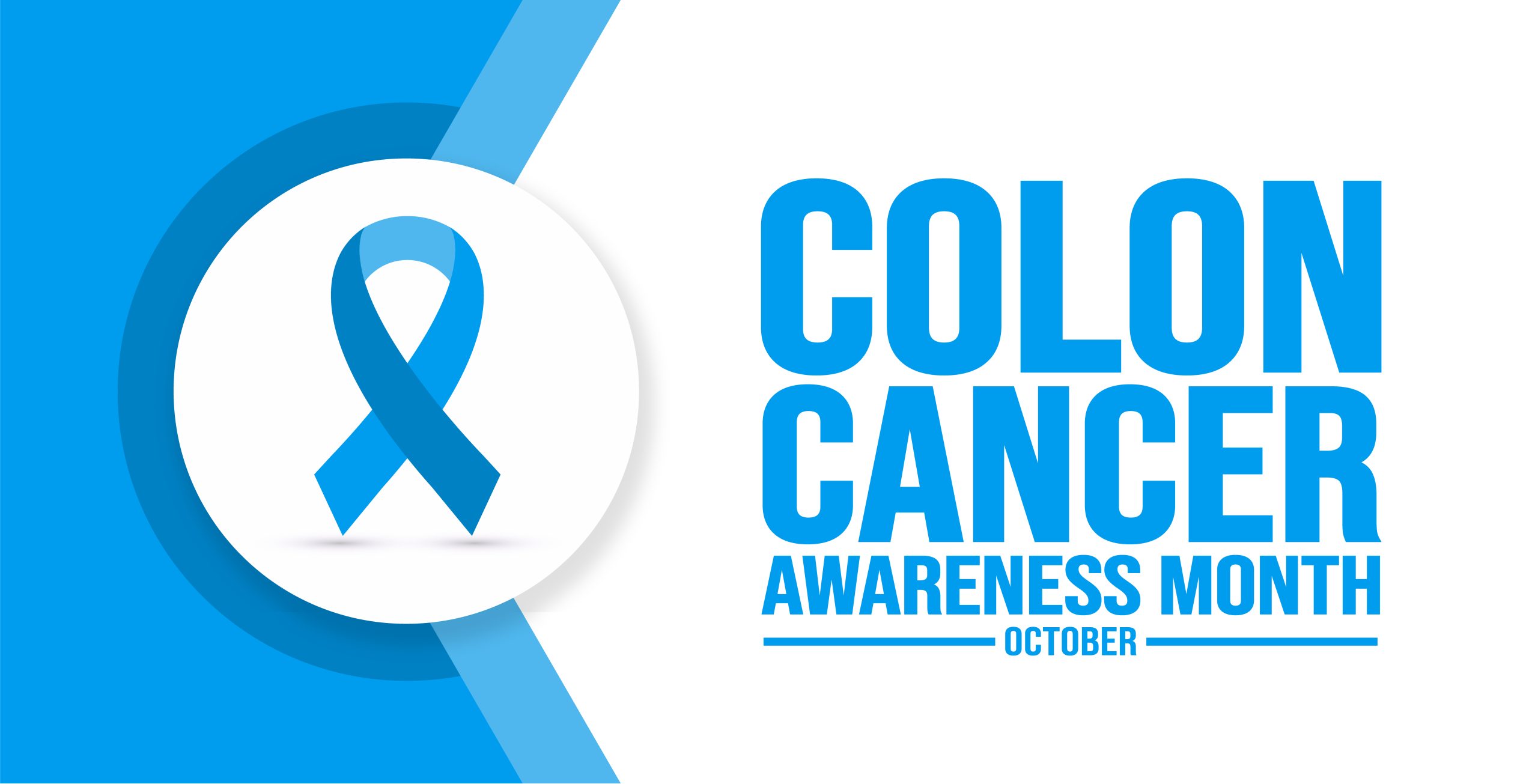
A new study just released has shed light on how stress can exacerbate colorectal cancer (CRC), adding to the body of evidence showing the profound impact stress can have on health. Researchers from China have demonstrated that chronic stress disrupts the balance of gut microbiota, a factor that accelerates the progression of CRC.
A team from West China Hospital, Sichuan University, conducted the study, which reveals that chronic stress, in combination with specific gut bacteria, significantly worsens CRC. By eliminating certain gut bacteria and inducing stress, the researchers identified a bacterial species that could serve as a potential therapeutic target in combating this disease.
The team utilized an antibiotic cocktail—comprising vancomycin, ampicillin, neomycin, and metronidazole—to eliminate the gut microbiota of test subjects. Following this, they conducted a fecal microbiota transplantation to determine if the presence of gut bacteria was necessary for chronic stress to accelerate CRC progression.
The results were telling. Chronic stress not only increased tumor growth but also diminished the population of beneficial gut bacteria, particularly those from the Lactobacillus genus. This bacterium plays a key role in supporting a healthy immune response against cancer.
According to Dr. Qing Li, the lead researcher from Sichuan University, “a decrease in beneficial gut bacteria can link stress-related colorectal cancer progression, which in turn weakens the body’s immune response to cancer.”
Both the control group and the stress group that received the antibiotic treatment saw a significant reduction in the Lactobacillus genus, which is known to be sensitive to the antibiotics vancomycin and ampicillin.
The research team delved deeper to understand the role of Lactobacillus in influencing CD8+ T cells, a type of immune cell critical to the body’s anti-tumor response. They supplemented stressed mice with Lactobacillus and observed a reduction in tumor formation, highlighting the bacteria’s potential therapeutic benefits.
We found that Lactobacillus plantarum (L. plantarum) controls bile acid metabolism, which in turn improves the function of CD8+ T cells by analyzing feces in great detail. This finding underscores how Lactobacillus may improve anti-tumor immunity,” Li noted.
The study suggests that therapies based on Lactobacillus could offer promising treatment options, particularly for patients grappling with chronic stress.
“Restoring beneficial gut bacteria, such as Lactobacillus, could bolster the body’s natural defenses against colorectal cancer,” concluded Dr. Li.
Presented at the 2024 United European Gastroenterology Week in Vienna, Austria, the findings further contribute to ongoing research on the relationship between stress, gut microbiota, and cancer progression.











